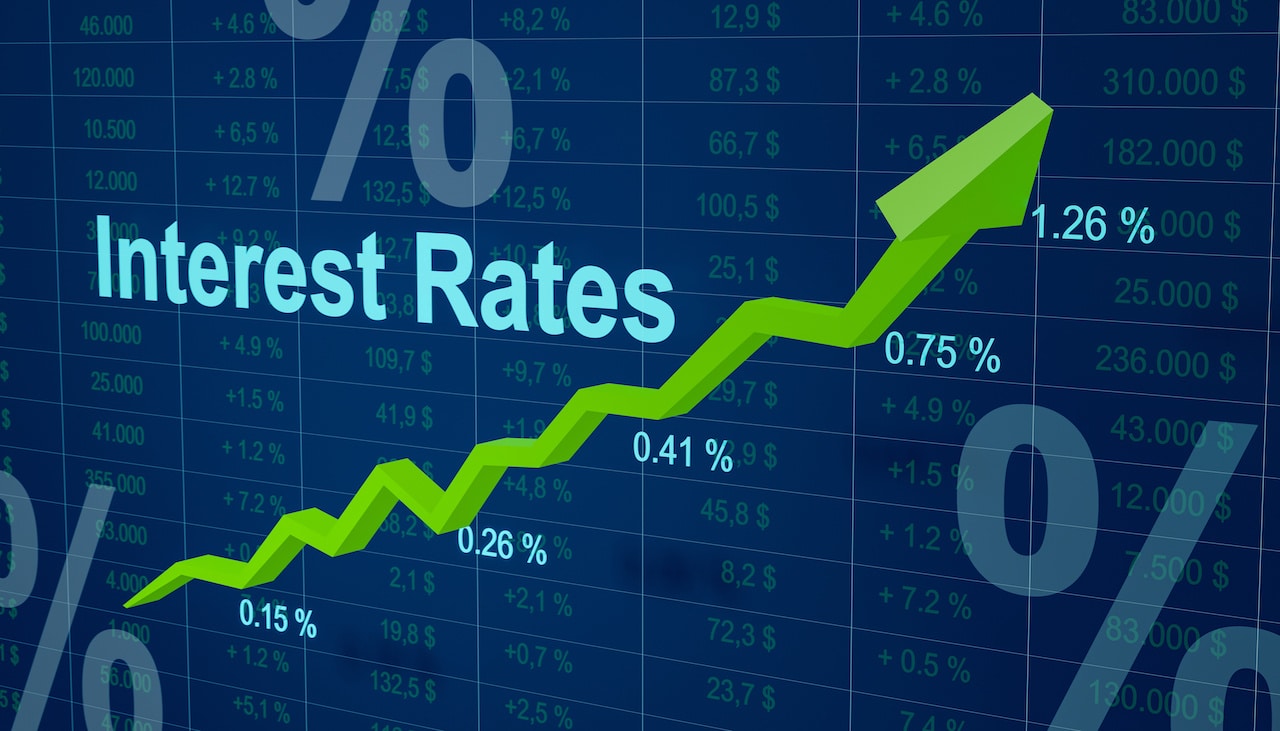Credit Sesame’s personal finance weekly news roundup July 15, 2023. Stories, news, politics and events impacting the personal finance sector during the last week.
- Inflation takes important steps towards normalcy
- Producer prices continue to level off
- Banks scramble to recategorize uninsured deposits
- New analysis highlights severity of US government debt
- Consumer borrowing slows but gets more expensive
- Mortgage rates rise again
- Consumer expectations mixed
- Bank of America charged $250 million for wrongdoing
1. Inflation takes important steps towards normalcy
The Bureau of Labor Statistics reported that the Consumer Price Index rose 0.2% in June. This is a moderate monthly increase, bringing the year-over-year inflation rate down to 3.0%. That’s the lowest 12-month inflation rate since March 2021. While not quite down to the Federal Reserve’s stated target of 2.0%, it is a significant improvement from the 4.0% one-year inflation rate through the end of May, not to mention the peak inflation rate of 9.1% a year ago. Also, 3.0% is very much in line with historical inflation. The core inflation rate, which excludes food and energy, remains more elevated at 4.8%. However, core inflation for June was no different from overall inflation at 0.2%. See details at BLS.gov.
2. Producer prices continue to level off
More confirmation of the slowing inflation trend was found in the release of Producer Price Index (PPI) numbers for June 2023. The PPI essentially measures wholesale costs, contrasting with the retail costs measured by the Consumer Price Index. The PPI rose by just 0.1% in June 2023 and is down over the first six months of 2023. Costs for goods were unchanged during June, while costs for services were up by 0.2%. Overall, the PPI is up just 0.1% over the past year. One year ago, PPI increased by 11.2% over the previous twelve months. See details at BLS.gov.
3. Banks scramble to recategorize uninsured deposits
Faced with a special FDIC assessment on uninsured deposits, several banks are changing how they account for such deposits on their regulatory reports. The special assessment is in response to uninsured deposits’ leading role in bank failures earlier this year. Uninsured deposits are typically those over $250,000 from any one customer. Usually, between 15 and 20 banks restate uninsured deposits in any calendar quarter. However, 55 banks restated their 4th quarter 2022 reports, and 22 restated their 1st quarter 2023 reports. The vast majority of the revisions reduced the number of uninsured deposits banks report. It is unknown whether the FDIC will accept the change in how these banks are now accounting for uninsured deposits. See article at SPGlobal.com.
4. New analysis highlights severity of US government debt
An analysis by the Cato Institute breaks down some jarring facts about the amount of money the federal government owes. The report says that if US government debt were split evenly among US households, each would owe $194,000. The relationship between annual spending and revenues for the government is akin to a person spending $100,000 a year on a $78,000 income. Of every $10 the government spends, $7 is spent automatically, with no action by elected officials required. See details at Cato.org.
5. Consumer borrowing slows but gets more expensive
Federal Reserve figures for May show that consumer borrowing experienced its slowest month of growth since November 2020. Consumers increased debt by $7.2 billion during the month, down from $20.3 billion in April. Loan debt decreased at an annual rate of 0.4% during the month. However, this was more than offset by an 8.2% yearly rate of increase in revolving debt. Revolving debt is made up mostly of credit card debt.
6. Mortgage rates rise again
30-year mortgage rates rose for the third consecutive week. This string of increases has 30-year rates nearing the 7% mark, with the average reaching 6.96% last week. The rising trend has been accelerating, with the previous week’s 15 basis point increase the largest of the three consecutive weekly increases. 30-year rates peaked last November at 7.08%. 15-year rates have also risen for three weeks in a row, reaching 6.30%. See report at FreddieMac.com.
7. Consumer expectations mixed
A monthly survey of consumer expectations saw consumers anticipating less inflation in the year ahead and higher wage increases. However, consumers still expect inflation to exceed wage growth. The Federal Reserve Bank of New York found that consumers expected prices to rise 3.8% over the next twelve months as of June. This was an improvement from the 4.1% outlook in the May survey. The expected wage growth over the year ahead was 3.0%, an increase of 0.2% from the previous survey. See survey results at NewYorkFed.org.
8. Bank of America charged $250 million for wrongdoing
The Consumer Financial Protection Bureau levied $250 million against the Bank of America, one of the largest banks in the world. The penalty includes $100 million in restitution to customers and $150 million in fines. Bank of America is accused of a variety of illegal practices. These include charging multiple fees for the same transaction, withholding cash and points on rewards credit cards, and misusing consumer information to open unauthorized accounts. See news release at ConsumerFinance.gov.




















